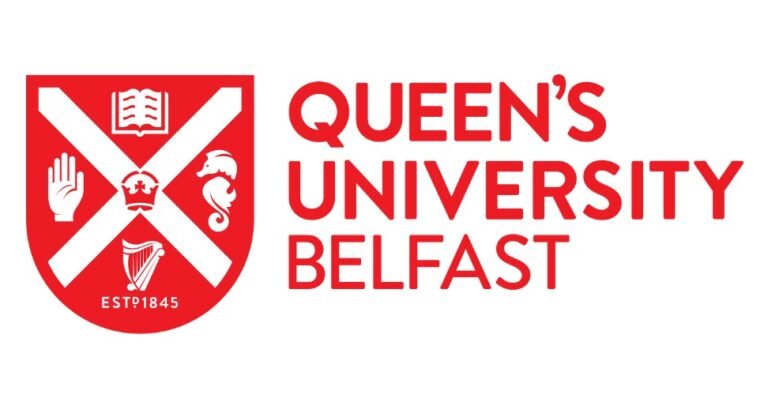Overview
Structural design and optimisation are crucial for a sustainable future. Minimizing material and energy use during production and operation reduces environmental impact and conserves resources for future generations. Topology optimisation enables the design of lightweight and highly efficient structures by optimising the distribution of material within a given design space and subject to specific loads and constraints. It allows for the creation of innovative lightweight structures that would be difficult or impossible to design manually. While topology optimisation offers significant benefits, its wider adoption is hindered as designs often involve intricate geometries which cannot be cost effectively manufactured.
In collaboration with Rolls-Royce Plc, this PhD project will investigate approaches to enable greater industrial utilisation of topology optimisation, by investigating and demonstrating new structural optimisation strategies to generate innovative geometric solutions given prescribed manufacturing technologies.
Two major challenges limiting the industrial adoption of topology optimisation methods are their reliance on a single geometry representation, e.g. a finite element mesh or predefined repeating structure, and their inability to consider a number of distinct manufacturing processes as they search for the design solution. In collaboration with Rolls-Royce Plc, this PhD project will investigate approaches to enable greater industrial utilisation of topology optimisation, by investigating and demonstrating new structural optimisation strategies to generate innovative geometric solutions given prescribed manufacturing technologies.
Two major challenges limiting the industrial adoption of topology optimisation methods are their reliance on a single geometry representation, e.g. a finite element mesh or predefined repeating structure, and their inability to consider a number of distinct manufacturing processes as they search for the design solution.
The research objectives of this project are thus:
to determine how to vary, select and combine different geometry representations in the discovery of a design solution,
how to use the geometry definitions during solution discovery to evaluate the evolving solution’s suitability for different manufacturing processes.
This project is part-funded by Rolls-Royce Plc, and offers opportunities for short and/or longer-term secondments to Rolls-Royce sites in England to support the research activities and demonstrate the developed capabilities in an active industrial environment.
The project will build on established techniques developed at Queen’s using the Moving Morphable Components (MMC) method for topology optimisation. The MMC technique overlays geometric components (geometric entities such as lines or curves) on an analysis mesh. Components have their own parameterisation schemes (choice of values which when varied change the shape) providing flexibility. Finite Element calculations using the mesh enable calculation of the performance of the design, alongside the calculation of sensitivities which inform how the components should be evolved. The project will build on the established techniques, and will develop and extend the techniques considering exemplar design challenges provided by Rolls-Royce.
For the UK to be Net Zero by 2050, industry needs to adopt new design systems that will discover innovative and sustainable products. Thus the methods developed in this project are incredibly important for industry.
Funding Information
This project is funded via QUB’s Enhanced Postgraduate Skills Doctoral Training Programme(EPS DTP) with industrial sponsorship from Rolls-Royce. Rolls-Royce is a global engineering giant, specialising in power systems for aviation and other industries. As a key player in aerospace and defence, they play a vital role in powering the world’s aircraft and ships, adding significantly to the UK economy.
UK studentships – cover tuition fees and include a maintenance stipend of £19,237 per annum.
This project offers an additional top-up stipend of £5,000 per year, and together with the maintenance stipend will give a take home pay of £24,237 per annum.
An industry gross salary (pre-tax, student loan repayment, pension (3%) and national insurance contributions) of £32,000 results in an approximately equivalent take home pay.
A UK studentship is open to UK and ROI nationals, and to EU nationals with settled status in the UK, subject to meeting specific nationality and residency criteria.
DfE studentship eligibility information can be viewed at: https://www.economy-ni.gov.uk/publications/student-finance-postgraduate-studentships-terms-and-conditions
Entrance requirements
Graduate
The minimum academic requirement for admission to a research degree programme is normally an Upper Second Class Honours degree from a UK or ROI HE provider, or an equivalent qualification acceptable to the University. Further information can be obtained by contacting the School.
International Students
For information on international qualification equivalents, please check the specific information for your country.
English Language Requirements
Evidence of an IELTS* score of 6.0, with not less than 5.5 in any component (*taken within the last 2 years) is required.
International students wishing to apply to Queen’s University Belfast (and for whom English is not their first language), must be able to demonstrate their proficiency in English in order to benefit fully from their course of study or research. Non-EEA nationals must also satisfy UK Visas and Immigration (UKVI) immigration requirements for English language for visa purposes.
For more information on English Language requirements for EEA and non-EEA nationals see: www.qub.ac.uk/EnglishLanguageReqs.
If you need to improve your English language skills before you enter this degree programme, INTO Queen’s University Belfast offers a range of English language courses. These intensive and flexible courses are designed to improve your English ability for admission to this degree.
How to Apply
Apply using our online Postgraduate Applications Portal and follow the step-by-step instructions on how to apply.
Find a supervisor
If you’re interested in a particular project, we suggest you contact the relevant academic before you apply, to introduce yourself and ask questions.
To find a potential supervisor aligned with your area of interest, or if you are unsure of who to contact, look through the staff profiles linked here.
You might be asked to provide a short outline of your proposal to help us identify potential supervisors.



